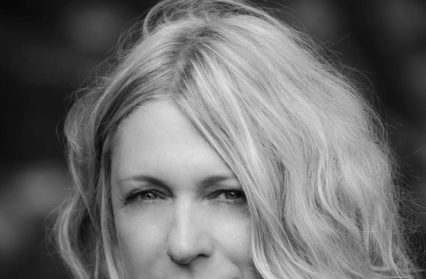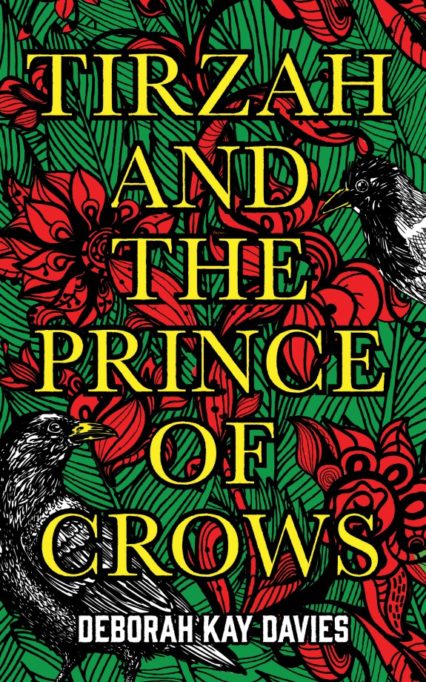Carolyn Percy reviews Tirzah and the Prince of Crows by Deborah Kay Davies, which despite its lack of magic, has a fable-like quality.
Brought up in a staunchly religious community in a remote Welsh valley, sixteen year old Tirzah has lived a sheltered life. When it becomes clear, however, that Osian, one of her oldest friends, is beginning to see her in a different light, and, at the same time, she meets Bran, a mysterious boy living feral in the woods, Tirzah begins to struggle with the realisation that she’s not sure she wants to live up to everyone’s expectations of her.
From the award-winning author of Reasons She Goes to the Woods, Deborah Kay Davies, Tirzah and the Prince of Crows is a beautifully written bildungsroman: at sixteen, Tirzah is in that formative, adolescent grey area between child and adulthood, whose spiritual education – i.e. the struggle she feels between her free-spirit nature and the more rigid brand of Christianity practised by her family and community – is the backbone of the story. The main character of a bildungsroman, therefore, is an important element and with Tirzah, Davies has succeeded in creating an engaging one. The story is told in Tirzah’s voice from her point of view. She is witty and often drily observant, cutting through some of the pomposity of some of the adults around her, but also has a lyrical side to her voice, lifting many of the descriptions – particularly those of nature – above the merely prosaic. She can be a little self-centred, not always thinking of the feelings of others or of the effect her actions will have on them, but, then again, what teenager isn’t? It makes her a much more rounded character.
Though there aren’t any strictly magical-realist elements, the story does have a fable-like quality as, with the character of Bran – who is always surrounded by and associated with birds – Davies appears to have taken inspiration from Welsh mythology, from the figure of “Bran the Blessed” of which “Prince of Crows” was one of his numerous titles.
For Osian, the consequences of what are perfectly normal and harmless hormonal changes are dire, courtesy of his fanatical father, and Tirzah is helpless to doing anything but look on as his spirit is broken. Tirzah herself is already considered something of a problem – seen as not pious enough, and with worldlydesires – the desire to look good, for example – that often bring her into conflict with the more entrenched, less understanding members of the community (who, coincidentally or not, often tend to be male). The treatment of Osian pushes her towards the realisation that, though she feels she ought to honour the beliefs of her parents, and wants to be a good daughter – an internal conflict that gives Tirzah and the story more complexity than if it were simply “teenager rebelling against authority for the sake of being rebellious” – she doesn’t want them or anyone else to decide who she should become, that it’s wrong and that she is the only one who has and should have the agency and authority to do so.
At the same time, she becomes ever more involved with Bran, culminating in something that could put her relationships with those she cares about in jeopardy, but teaches her that, if she wants to find her freedom, she has to find it from within herself rather than searching for it in something outside of her.
Drawing on elements of mythology and the Gothic, they combine to add depth and layers to an intensely character driven novel, making Tirzah and the Prince of Crows a dreamy, quietly powerful story about choice, personal freedom and love, with a subtle feminist slant.
Tirzah and the Prince of Crows is available now from Oneworld Books.
You might also like…
Deborah Kay Davies is an award-winning novelist and poet. In 2009, she won the Wales Book of the Year award for her collection of short stories, Grace, Tamar, and Laszlo the Beautiful. Here Deborah invites us in to her writing space in the latest in our Writers’ Rooms series, exploring the creative lives of Wales’s top writers.
Carolyn Percy is a regular contributor to Wales Arts Review.












